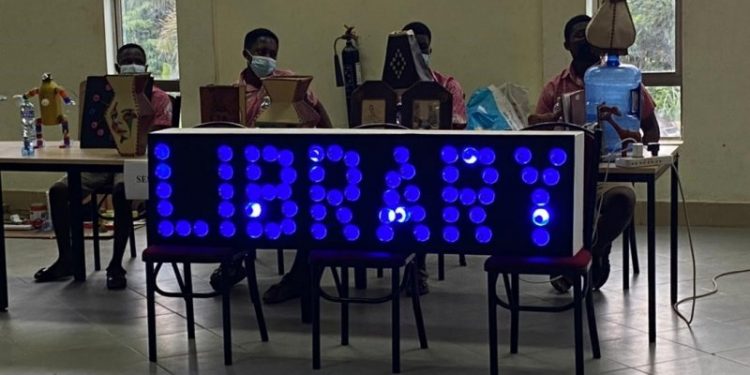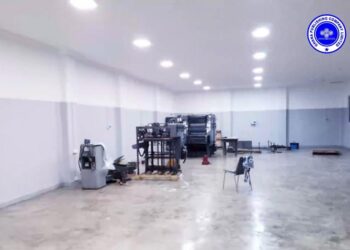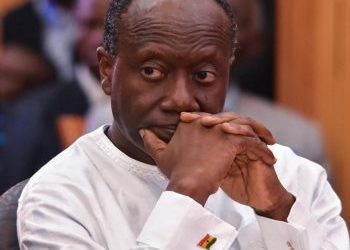Madam Agnes Mills, Eastern Regional Senior Administrative Officer at the Centre for National Culture has called for the need to encourage young people to create something unique from waste products or recycle scraps to generate wealth.
According to her, it is time to inspire students to collect trash in their neighbourhood and recycle them, adding that “Nothing works better than leading by example”.
She made the appeal when she delivered a speech at the maiden edition of Ghana Library Authority Eastern Region craft challenge contest held at Koforidua.
The fair, dubbed ‘’Creating wealth through recycling’’, has the principal objective to improve creativity capacity of students in various schools across the region.
The Seventh Day Adventist Senior High School (SEDASS) won the contest after beating three other schools, New Juaben Senior High School (NJUASCO) which came second, Pentecost Senior High School (PENSEC) which came third and Koforidua Senior High and Technical School (SECTECH) which came fourth.
Madam Mills said creativity also helps in addressing problems, because it relieves people from stress, saves money, brings self-awareness and expression, beautification and above all gives freedom.
She therefore called on the need to focus attention on the creative arts industry, where a lot of wealth is generated.
She therefore called on the need to focus attention on the creative arts industry, where a lot of wealth is generated.
She said the country can minimise or eradicate poverty and achieve its developmental goals.

She said the growth and development of any nation depended largely on the accessibility, availability and utilization of information by its citizens and access to timely, accurate, current and reliable information is very crucial.
Madam Mills said the initiative by the regional library Authority will help develop and solve poverty problems among the youth and also assist them to think outside the box rather than using dubious ways to acquire wealth.
She urged the youth to cultivate the habit of learning how to use waste products to create new things to better their living conditions.
Mr Alex Sackey, Eastern Region Director National Commission for Civic Education (NCCE) advised the students to get back to the fundamentals, by reading good books which guarantees knowledge and help them in moulding their future.
Highlighting on the challenges posed by plastic waste, he said it is known that most of the plastic waste ends in the oceans and currently 10 to 20 million tons of plastic waste exist in the oceans.
He said plastic waste is contributing to entangling marine life, transferring toxins into the food chain, causing injuries and death to marine life, threatening human health.
Source:
GNA










Discussion about this post